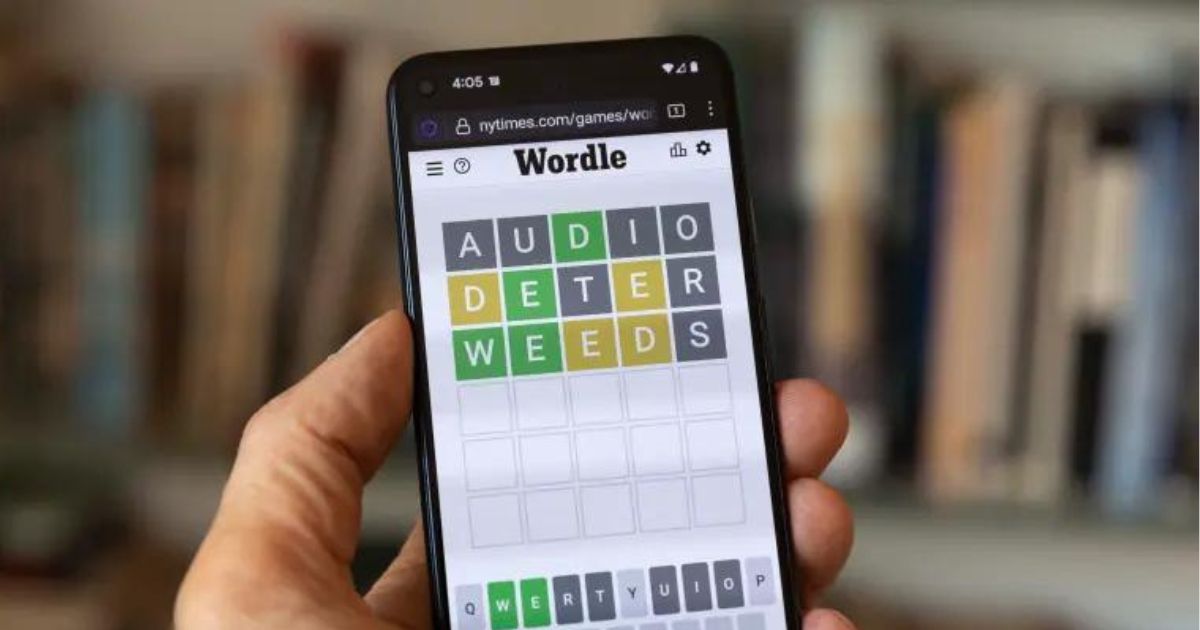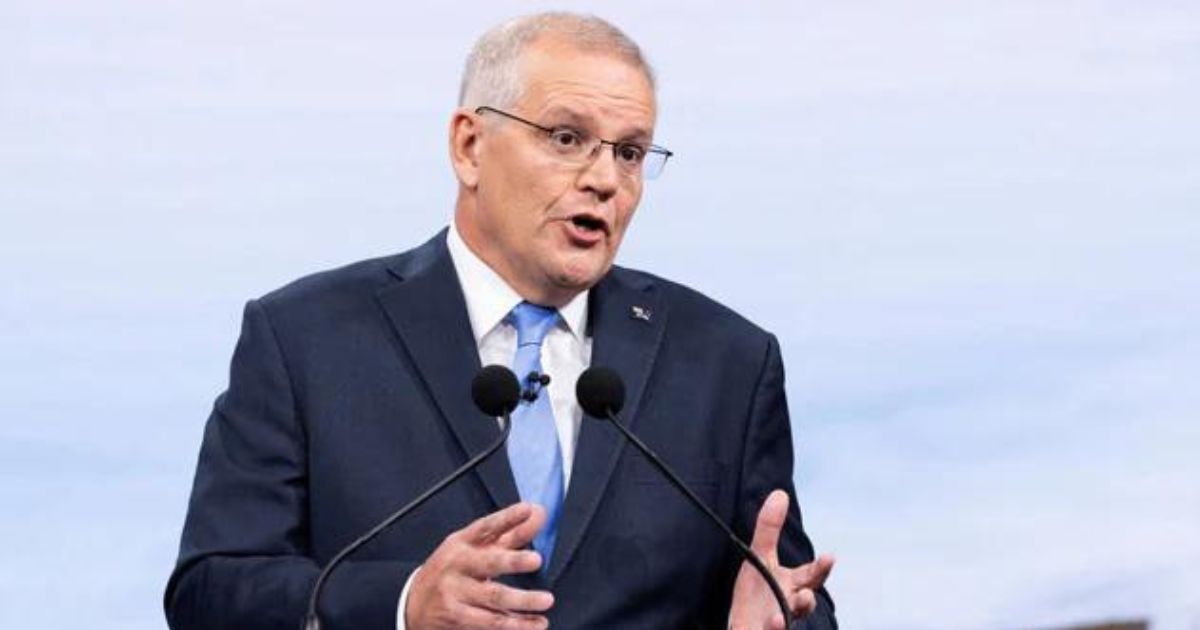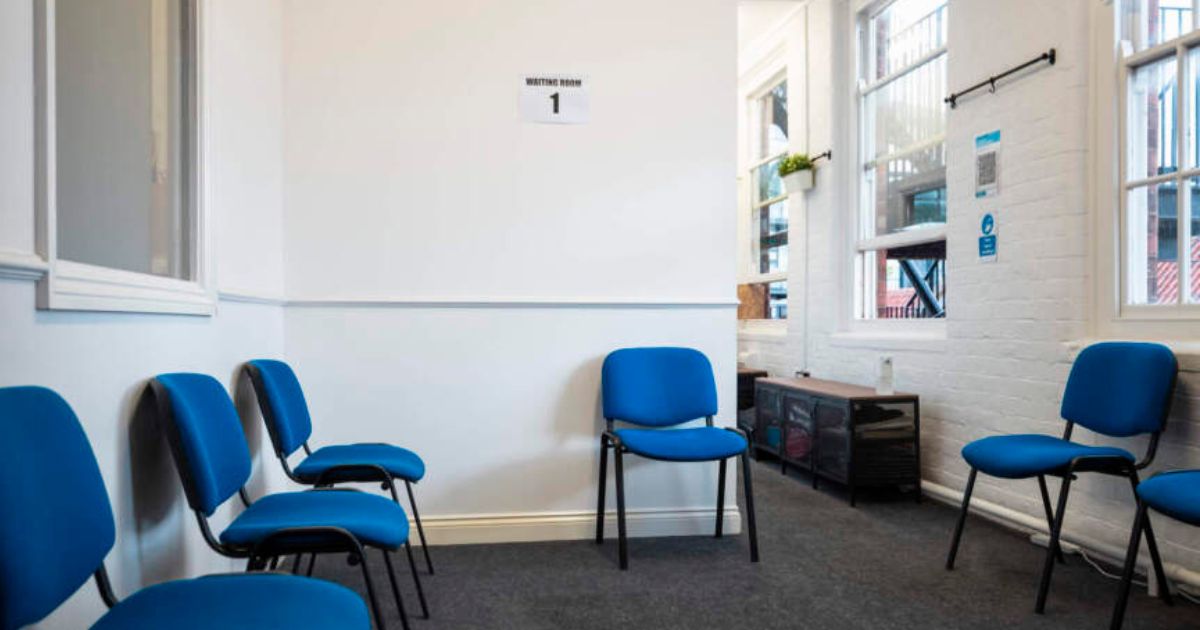In a social media-fueled frenzy, individuals seeking quick weight loss solutions are turning to a homemade concoction dubbed the “Oatzempic Challenge.”
Touted as a DIY alternative to the popular weight loss drug Ozempic, this trend has garnered attention for its purported ability to trigger significant weight loss results within a short span of time. However, healthcare experts are urging caution, emphasizing the need for a balanced approach to weight management.
Craze Of Oatzempic Challenge On TikTok
The “Oatzempic Challenge” gained traction on platforms like TikTok, where users showcase their experiences with the homemade oat-based drink. Comprising instant oats, water, and freshly squeezed lime juice, this DIY blend is promoted as a cost-effective and accessible alternative to the pricey Ozempic shots.
Advocates of the challenge claim that regular consumption of the drink over an 8-week period can lead to substantial weight loss, with some individuals reporting impressive results.
One TikTok user, Rénita, shared her experience with the Oatzempic drink, claiming to have lost four pounds in just five days. Describing heightened energy levels and an improved mood, she expressed optimism about the effectiveness of the concoction in aiding her weight loss journey. Other participants echoed similar sentiments, attributing appetite suppression and digestive regulation to the oat-based drink.
Despite the enthusiastic testimonials, healthcare professionals are urging caution regarding the Oatzempic Challenge. Dr. Tommy Martin, an internal medicine and pediatrics physician, emphasized that while oats offer nutritional benefits and may contribute to weight loss when consumed as part of a balanced diet, the drastic weight loss claims associated with the challenge may be exaggerated. He cautioned against placing undue reliance on the homemade drink as a shortcut to significant weight reduction.
Dr. Martin highlighted the importance of adopting sustainable lifestyle changes for effective weight management. While consuming oat-based drinks may help create a calorie deficit, he emphasized the need for a comprehensive approach that includes dietary modifications, adequate sleep, and regular exercise.
Moreover, he underscored the distinction between Oatzempic and Ozempic, noting that while oats are a nutritious food choice, they cannot replicate the multifaceted mechanisms of action offered by prescription weight loss medications.
The Oatzempic Challenge bears resemblance to previous viral weight loss trends, such as the “weight loss cookie dough” recipe that garnered attention for its purported slimming effects. However, experts caution against relying solely on trendy solutions without considering their long-term sustainability and potential risks.
While individuals may be drawn to quick-fix solutions promising rapid weight loss, healthcare professionals stress the importance of adopting evidence-based strategies for achieving and maintaining a healthy weight. Rather than seeking shortcuts, they advocate for a balanced approach that prioritizes whole foods, regular physical activity, and sustainable lifestyle habits.
In conclusion, while the Oatzempic Challenge may offer some individuals a temporary boost in weight loss efforts, its long-term efficacy and safety remain uncertain. As with any weight loss strategy, consulting with a healthcare provider and focusing on sustainable lifestyle changes is paramount for achieving lasting results and promoting overall well-being.








Leave a Reply
You must be logged in to post a comment.